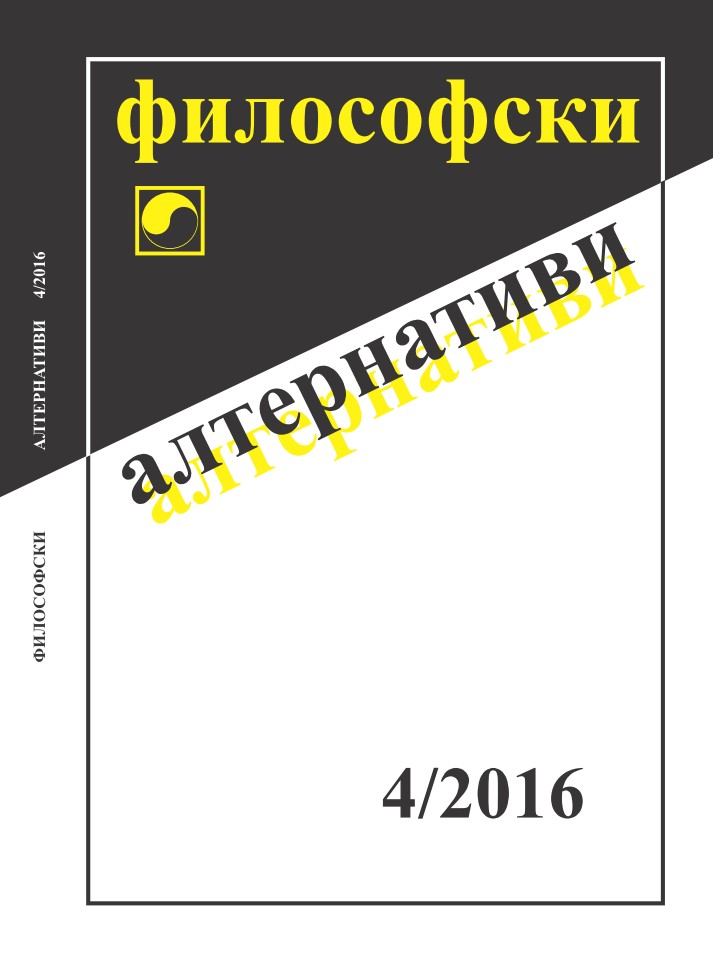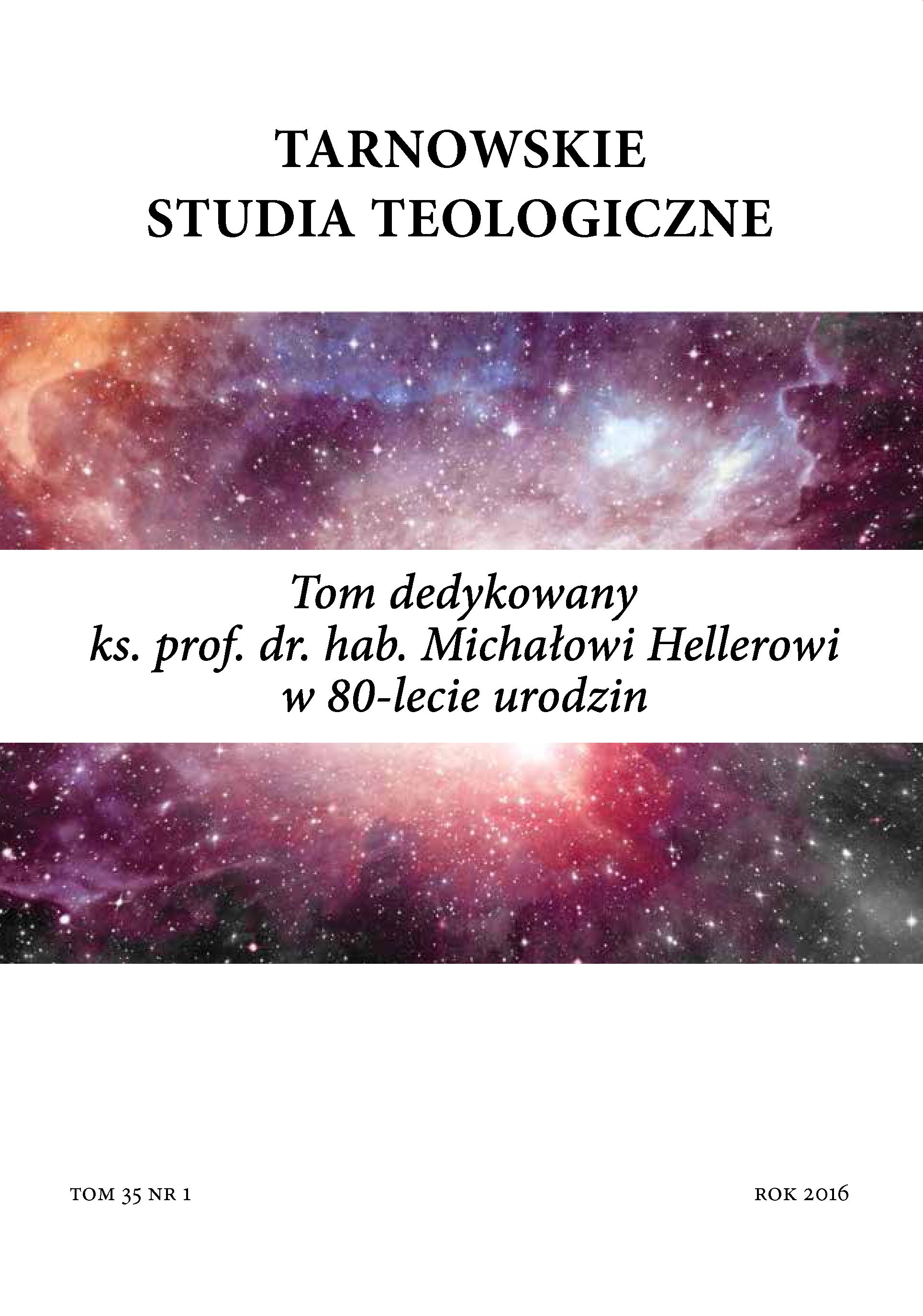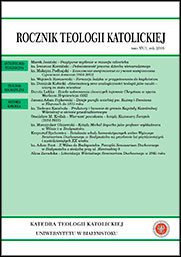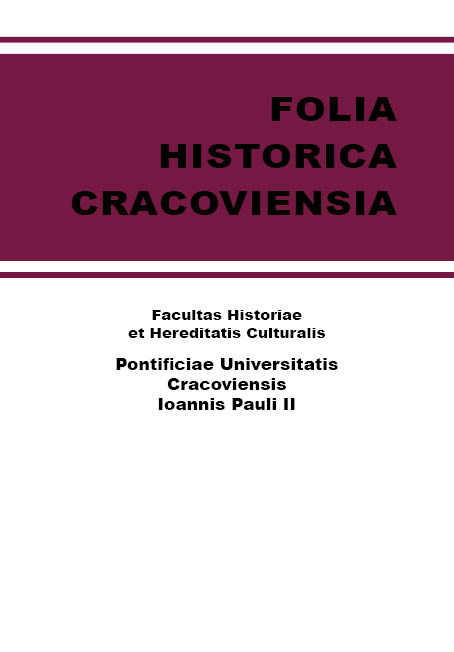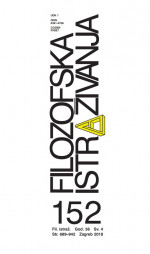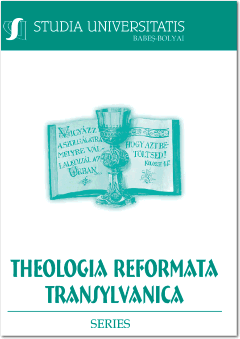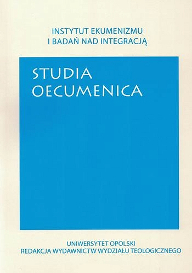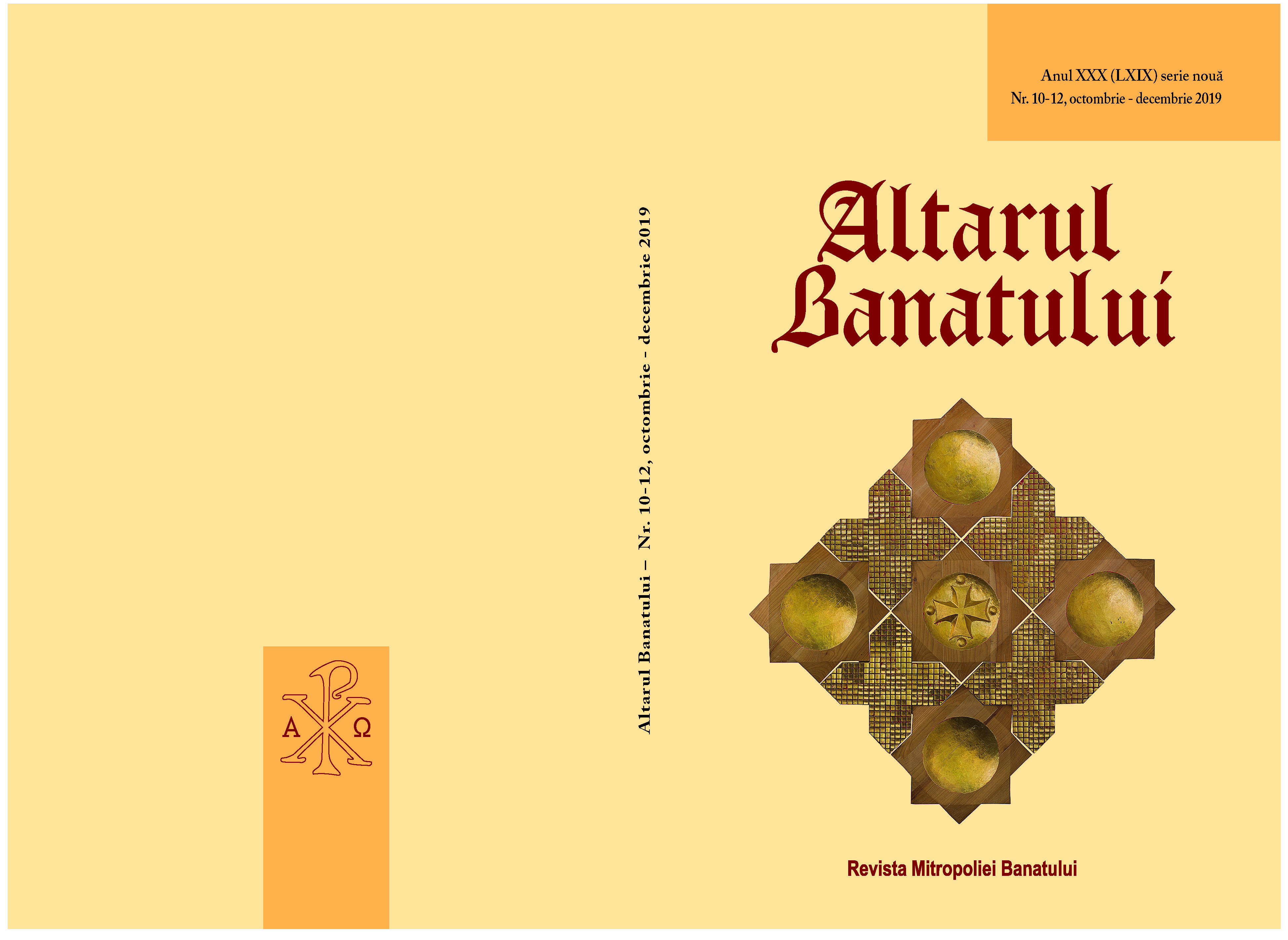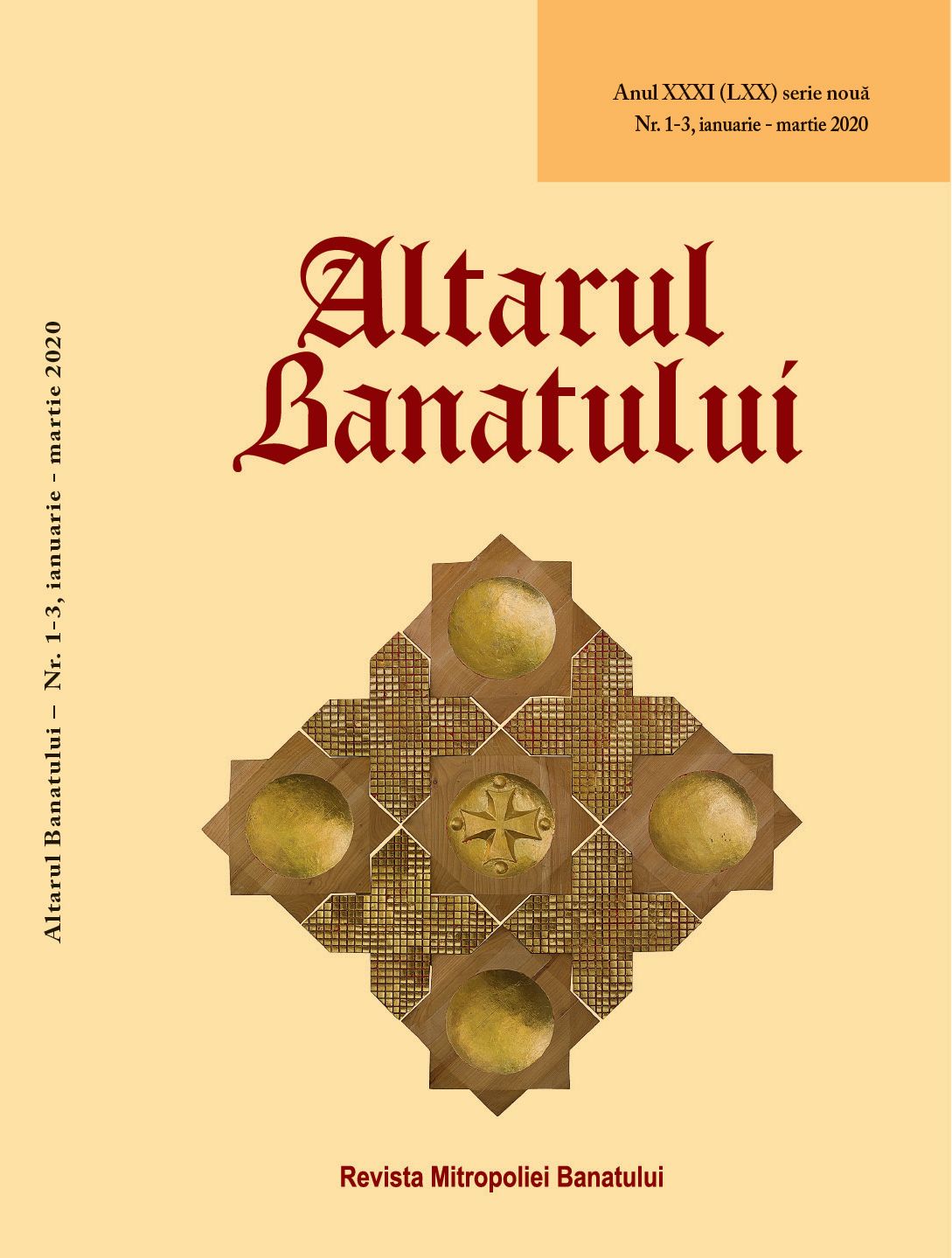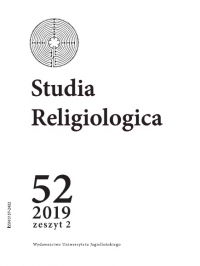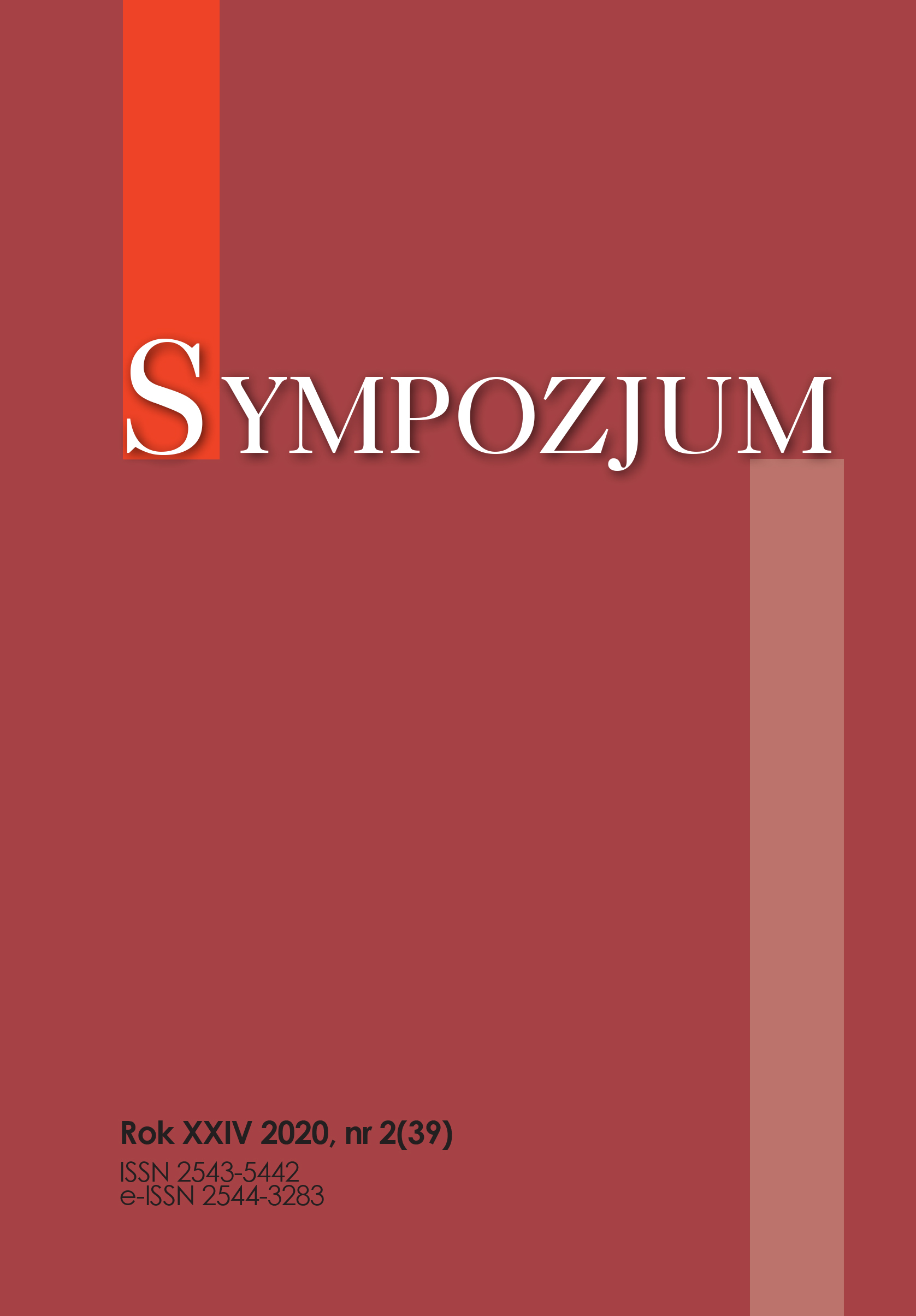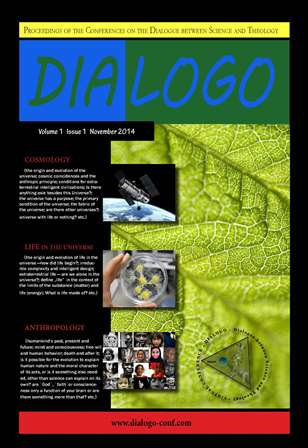
An Aristotelian Account of Evolution and the Contemporary Philosophy of Biology
The anti-reductionist character of the recent philosophy of biology and the dynamic development of the science of emergent properties prove that the time is ripe to reintroduce the thought of Aristotle, the first advocate of a “top-down” approach in life-sciences, back into the science/philosophy debate. His philosophy of nature provides profound insights particularly in the context of the contemporary science of evolution, which is still struggling with the questions of form (species), teleology, and the role of chance in evolutionary processes. However, although Aristotle is referenced in the evolutionary debate, a thorough analysis of his theory of hylomorphism and the classical principle of causality which he proposes is still needed in this exchange. Such is the main concern of the first part of the present article which shows Aristotle’s metaphysics of substance as an open system, ready to incorporate new hypothesis of modern and contemporary science. The second part begins with the historical exploration of the trajectory from Darwin to Darwinism regarded as a metaphysical position. This exploration leads to an inquiry into the central topics of the present debate in the philosophy of evolutionary biology. It shows that Aristotle’s understanding of species, teleology, and chance – in the context of his fourfold notion of causality – has a considerable explanatory power which may enhance our understanding of the nature of evolutionary processes. This fact may inspire, in turn, a retrieval of the classical theology of divine action, based on Aristotelian metaphysics, in the science/theology dialogue. The aim of the present article is to prepare a philosophical ground for such project.
More...
